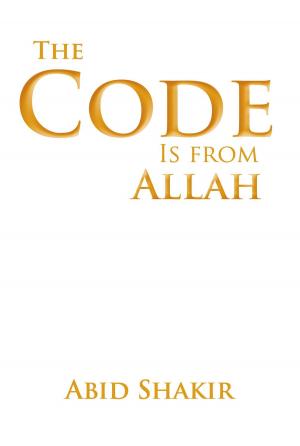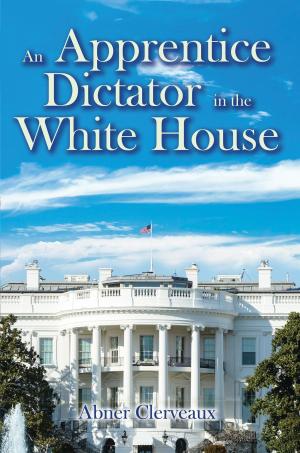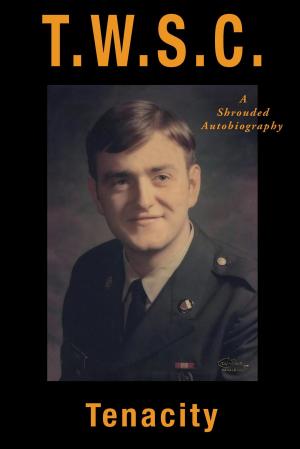| Author: | Carolyn J Sweers | ISBN: | 9781946801142 |
| Publisher: | Toplink Publishing, LLC | Publication: | April 10, 2017 |
| Imprint: | Toplink Publishing | Language: | English |
| Author: | Carolyn J Sweers |
| ISBN: | 9781946801142 |
| Publisher: | Toplink Publishing, LLC |
| Publication: | April 10, 2017 |
| Imprint: | Toplink Publishing |
| Language: | English |
Soul care, said Socrates, was the most important activity a human could do. It was far more important than such common human concerns as the desire for money or honor (“likes” on Facebook?).
Socrates demonstrated by example what he meant by soul care: 1) a realistic attitude about death, 2) the importance of an examined life, 3) recognition of the limits of human understanding, and 4) the responsibility of being a good citizen. As this book tries to show, these Socratic themes are very similar to the three Lenten practices: fasting, almsgiving, and prayer.
Lent begins on Ash Wednesday—a stark reminder of mortality and the importance of focusing on things that really matter. Fasting, though traditionally associated with food, has a broader meaning of refraining from any and all impediments to spiritual development. Almsgiving is a practice made necessary by the interconnectedness of the human community. Prayer is the practice of recognizing what I call the “framing Mystery” of our lives.
Though nothing in the book is inconsistent with the Christian practices as I have understood and lived them, the intent of the book is to describe the essentials of soul care in such a way as to engage the reader. It is hoped that this engagement will lead to the sort of examined life that Socrates said was so essential. Come. See for yourself!
Soul care, said Socrates, was the most important activity a human could do. It was far more important than such common human concerns as the desire for money or honor (“likes” on Facebook?).
Socrates demonstrated by example what he meant by soul care: 1) a realistic attitude about death, 2) the importance of an examined life, 3) recognition of the limits of human understanding, and 4) the responsibility of being a good citizen. As this book tries to show, these Socratic themes are very similar to the three Lenten practices: fasting, almsgiving, and prayer.
Lent begins on Ash Wednesday—a stark reminder of mortality and the importance of focusing on things that really matter. Fasting, though traditionally associated with food, has a broader meaning of refraining from any and all impediments to spiritual development. Almsgiving is a practice made necessary by the interconnectedness of the human community. Prayer is the practice of recognizing what I call the “framing Mystery” of our lives.
Though nothing in the book is inconsistent with the Christian practices as I have understood and lived them, the intent of the book is to describe the essentials of soul care in such a way as to engage the reader. It is hoped that this engagement will lead to the sort of examined life that Socrates said was so essential. Come. See for yourself!















